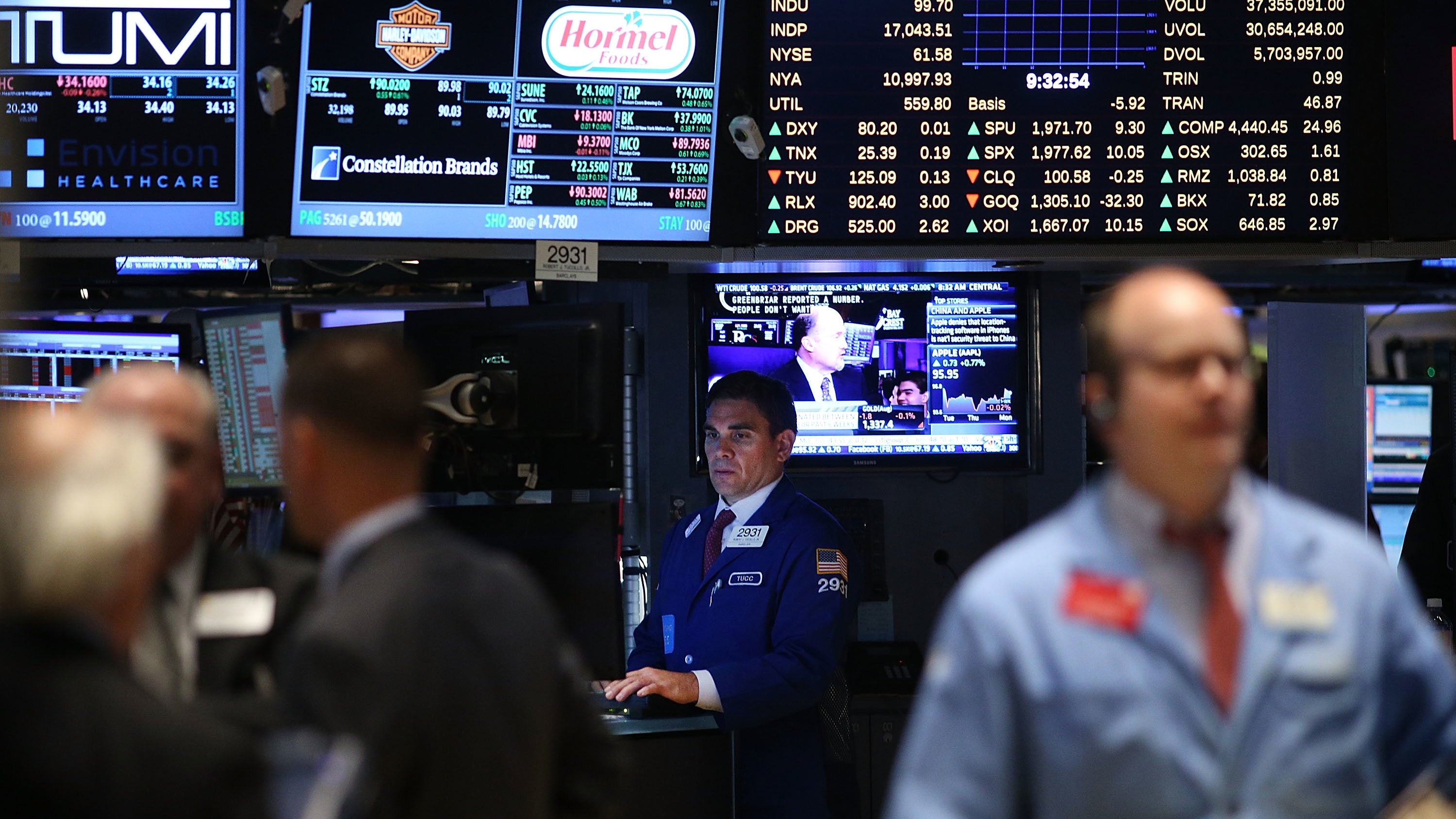

If a trader thinks the price of a commodity will go up, that trader can purchase that commodity’s futures. Trading futures do not require you to wait until the futures contract expires to make or lose money. Traders can purchase a futures contract whose underlying entity they believe will have a different price than the price listed in the futures contract.Įven though the value of the contract is based on the expiration date, much like stocks, the value of futures fluctuates based on the market for that commodity. Traders typically use futures to speculate on the rise or fall of a commodity’s price. We’ve seen how companies can use futures for hedging, but where do investors come in? This protects the oil producer from losing money if the price of oil drops. When the contract expires, the oil producer will receive $520,000 and will provide 10,000 barrels of oil, regardless of the price per barrel. For example, if the oil price is expected to increase, the oil producer may enter into a futures contract of $52 per barrel for 10,000 barrels, set to expire in one year. When the oil producer enters this contract, it will receive a set rate for the oil produced when it sells it a year from now, regardless of oil price. The oil producer could choose to enter into a futures contract to hedge against a price drop in oil. If the price of oil drops between now and when the oil producer is prepared to sell the oil, the company could end up with much less money. This creates a risk for the oil producer. The current price for a barrel of oil may be $50, but there is no guarantee that it will be $50 one year from now when the oil producer is ready to sell the oil. The problem for the oil producer is that oil prices fluctuate. To see how companies can use futures as a tool for hedging, we’ll look at an example using crude oil, a popular futures commodity.Īn oil producer plans to produce a set number of barrels of oil, but the barrels of oil will not be ready to sell until one year. Typically, companies that produce the underlying assets use futures to protect themselves from future price fluctuations. There are many ways and types of hedging, but when it comes to futures, hedging helps protect against price changes in the underlying asset. You could loosely compare it to the purchase of insurance. Hedging is a strategy to help minimize risk. So, we’ll begin with a look at hedging and speculation in futures trading. Even if you only plan to use futures for speculative purposes, understanding how companies use futures contracts for hedging can help you better understand the futures industry. The other use for futures is speculation, which is often how traders use futures. This is typically done by the companies that produce the underlying asset. The seller is required to provide the underlying asset to the buyer upon the contract’s expiration.

The buyer of the contract must purchase the underlying asset upon the expiration of the futures contract. A futures contract is an agreement to buy or sell an underlying asset at a specific price in the future. What are Futures?įutures trading involves buying or selling futures contracts (generally referred to as futures).

This post will break down all the various aspects of futures trading, including what futures are, how they’re used, how they differ from other financial products, and their advantages and disadvantages. While this may sound simple enough, futures trading can quickly become incredibly complex.

Futures contracts are standardized legal agreements where a buyer and seller agree to exchange a commodity at a specific price at a particular future date. Futures trading is the buying and selling of futures contracts.


 0 kommentar(er)
0 kommentar(er)
